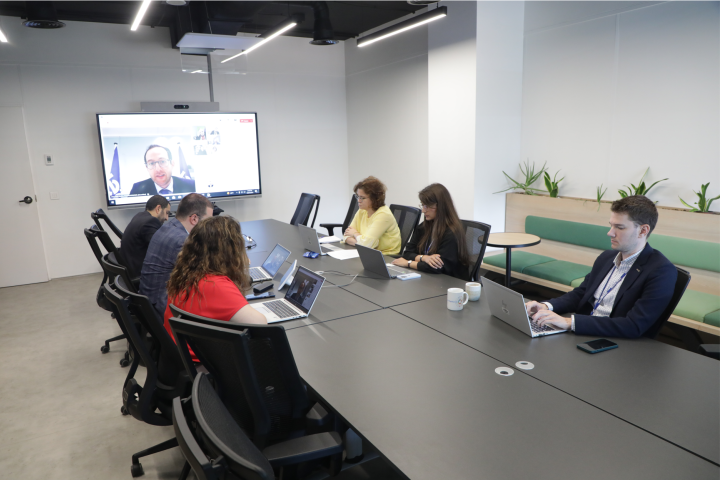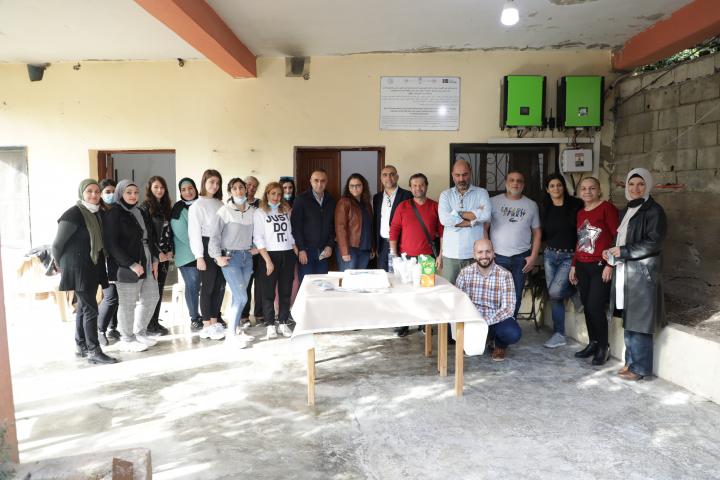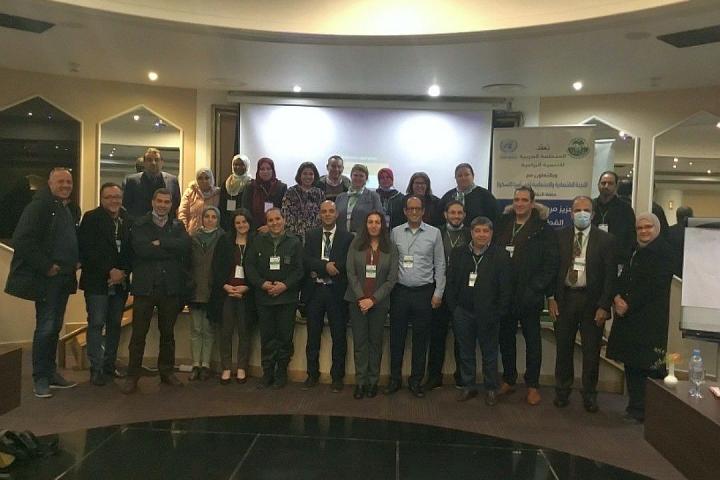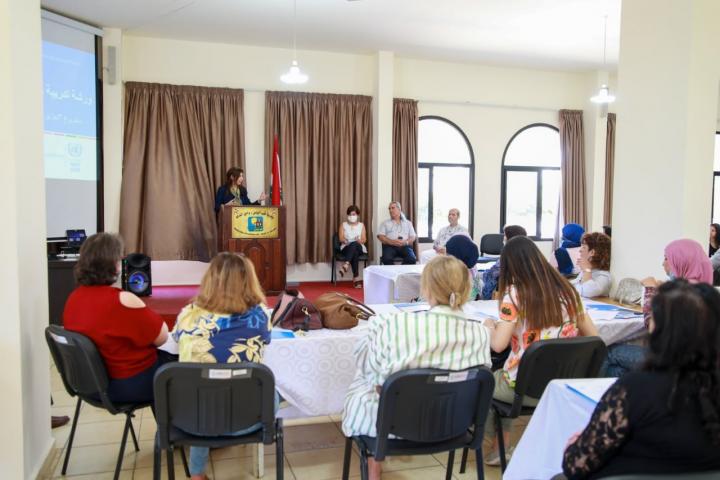The importance of water in times of crisis was well underlined by the July 2006 war on Lebanon, which took its toll on the Southern part of the country. The war unveiled vulnerabilities in all development sectors, and insufficiencies in the management of main public service providers, namely municipalities. Providing water during and after the war was the main challenge that faced Southern municipalities, and influenced the return of the displaced to their homes. While circumstances were hard and pressure high, water systems represented an added barrier that hindered the work of public officers, who were not well-trained in managing crises.
Recognizing the need to strengthen the ability of municipalities to deliver vital services and mitigate a disaster's consequences, ECRI held the workshop on water management, which comes in line with the one before it on "Managing Development under Crisis and Emergency Preparedness and Response", to promote sustainable development and good governance.
Workshop Axis
Delivered by three Arab-speaking professional trainers, the workshop centered on the following topics:
* Understanding crisis, source of danger, local vulnerabilities and capacities;
* Analysis of possible scenarios of crisis and its consequences on water provision in the two Southern governorates;
* Efficient approaches, technologies and techniques for water provision under crisis;
* International standards for intervention during crisis particularly in the water sector;
* Essential skills for personnel in crisis response including communication skills, stress and anger management, and styles of leadership and team management.
Input and Conclusions
The participants were fully encouraged to partake in all the activities, which adopted various approaches for a broader input. Focus was made on water provision in South Lebanon, both in times of peace and crisis. Participants concluded that, even under normal circumstances, water was insufficient due to the lack of strategic planning. Also, it depends on the provision of electricity to pump it into the internal pipe network. However, despite constraints, there was an overall agreement on the feasibility of change, should appropriate techniques be adopted.
Recommendations and Follow-up
Participants in the workshop suggested establishing emergency cells for crisis management, creating databases for alternative resources, enhancing individual safety and preparedness for crises and raising awareness on personal hygiene, and safe and economic water consumption, inter alia.
The workshop, which received positive echoes from participants, is a stepping stone on a path of meetings, both on the local and regional planes. While ECRI will follow up on the implementation of recommendations issued in the first workshop, it is also to hold similar projects in different Lebanese regions, and in Palestine, Yemen and Iraq, which will all share their experiences in this issue, allowing for an improved performance in years to come.




